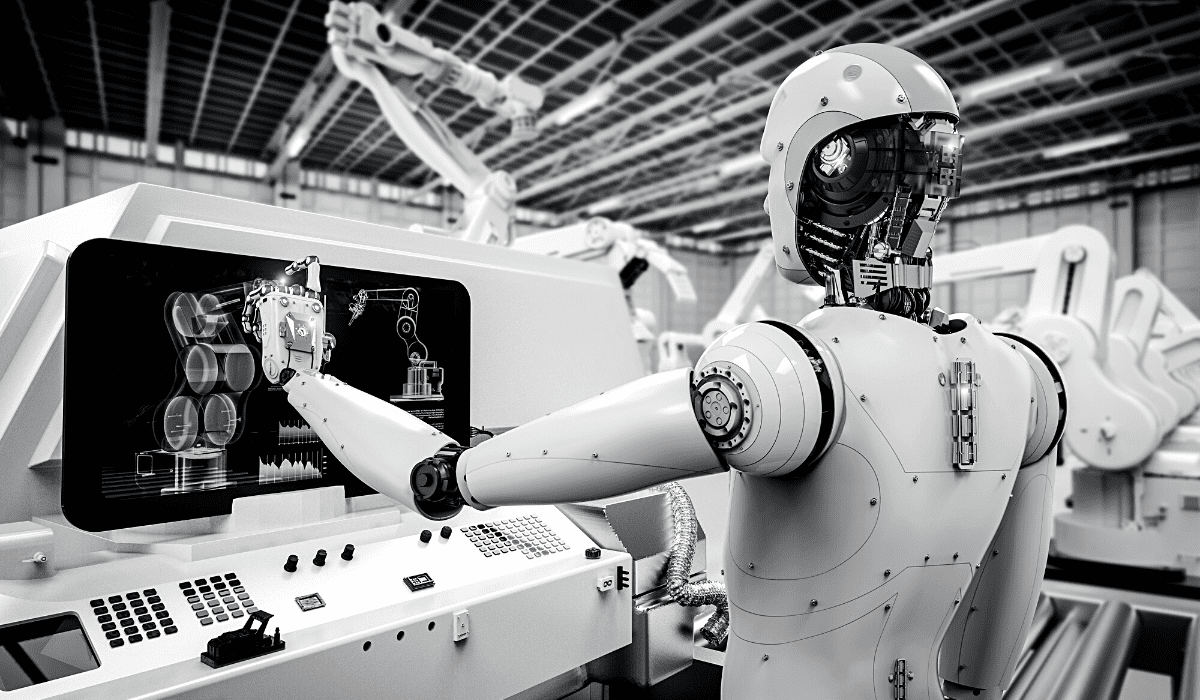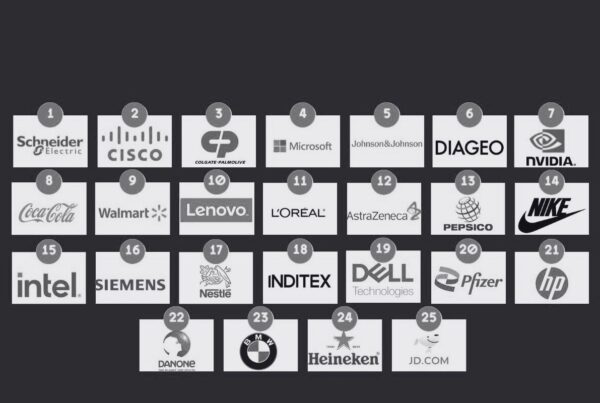It’s difficult to envision anything supply chain these days without viewing it through the lens of the COVID-19 pandemic.
The topic of digitalization and automation is no different. In 2019, Gartner ran a poll asking CEOs whether an economic slowdown would accelerate or slow down digital transformation. Just over half of the respondents said it would accelerate those plans. In 2020, according to a Fortune poll, 75% of CEOs said they were accelerating their digital plans.
Since the advent of robotics, the march toward automated manufacturing has steadily picked up pace. However, the inability of automated solutions to adjust or adapt to changing factors has prevented going completely “lights out.” The combination of AI and adaptive robotics is removing that barrier.
The thought of a driverless logistics network seemed unthinkable just 10 years ago, but now driverless trucks are covering thousands of miles and drones are dropping packages off at front doors, although only in tests for now. China’s JD.com has combined warehouse automation, driverless trucks, drones and other technology in its vision for urban logistics… which includes no people.
Prior to the pandemic, the decision to automate a function typically focused on the ability to lower cost, increase quality and increase speed/reduce downtime. During the pandemic, another factor has received increased attention: risk. People get sick. They have reservations about coming into work. If you include risk, it increases the case for the pursuit of zero to include people.
In recent years, the supply chain profession has taken on the banner for sustainability. It’s good business to limit or negate the impact of its activity on the environment. Does the same responsibility exist for the generations of workers that are preparing to enter the supply chain profession? Should we be planning for the socio-economic impact of the inevitable and re-evaluating employment, education and income?
This transition will take years longer to play out, but it will play out. Whether it is 10, 15 or 25 years away, do we as a profession need to be more active in creating a path for the pool of workers we will displace?
Bastian Consulting is a boutique search practise that concentrates on sourcing leaders that deliver change across the Asia Pacific, we have the expertise to source leaders that can transform your business and thrive in times of rapid change.
To know more, you can reach out to me on +61 (0) 409 090 434 or tony@bconsult.io
Source: SCM World





